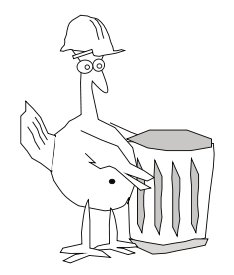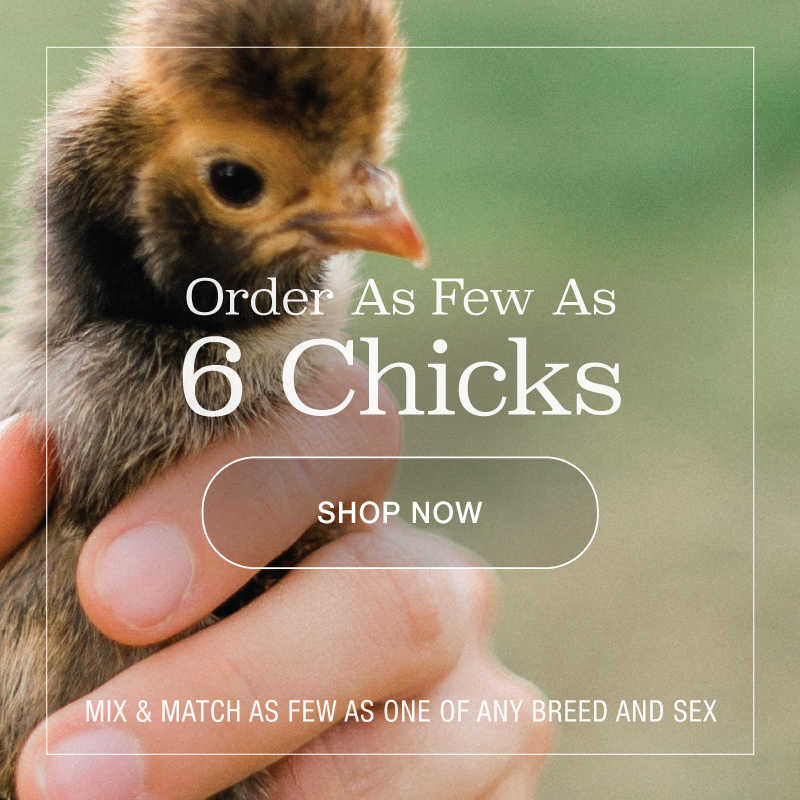by Patricia Foreman
[This is the third in a series of articles by guest author Patricia Foreman. Her previous articles are: The Chicken Have-More Plan and Chickens: The Mascots of the Local Foods Movement]
There are many warm-feathery reasons to keep family flocks, but the most economically and politically compelling reason is to employ chickens to bio-recycle kitchen, garden, and yard “waste”.

Chickens as Solid Waste Management Employees - Feeding city chicks kitchen scraps and creating compost from leaves, yard waste, and chicken manure can divert biomass from landfills and save millions of taxpayer dollars.
But first let’s rethink what “waste” and “trash” are. Many municipalities are adopting a zero-waste goal and policy. Just as the name implies, in a zero-waste system there isn’t any waste. Everything becomes “residuals” that can be recycled into one form or another. Everything has value and is transformed into something else useful. Household food and yard residuals can be bio-recycled and transformed into compost, garden, and top soil.
On average, about 25% of all the “trash” thrown away is biomass. So about 25% of any municipal solid waste management stream could potentially be bio-recycled.
For the rest of this discussion, we are going to call all leftover, uneaten food, leaves, grass clippings, and garden biomass “residuals”. These can be recycled into valuable, local “organic equity”, which is top soil and compost.
Just think about it. Every single leftover piece of pizza and stale bread, used coffee grounds, moldy cheese, desserts, old potato chips, popcorn, food cleaned out from the refrigerator that has “gone by”, and even that old mincemeat cake from last Christmas could be bio-recycled or composted — with help from your chickens.
For more detail about employing clucking civic chicken workers, see my book:
City Chicks: Keeping Micro-flocks of Chickens as Garden Helpers, Compost Creators, Bio-recyclers and Local Food Suppliers.
May the flock be with YOU!
Patricia Foreman
[To read part 2 of this article, see City Chickens Can Save BIG TIME Tax Payer Dollars! (Part 2)]
[scg_html_patforeman_signature]



That is great but how can I forward this information to my city council?
Karen
Larry, I’m from Green Bay, Wisconsin, a staunchly and somewhat pathologically conservative area. Our chicken ordinance is online under the City of Green Bay website. The law says that we can have up to four birds 8″ or taller and up to eight birds under 8″ tall, without a permit, but the local animal control lady only “authorized” us to have two hens. We did have to have our coop inspected and take the girls to a vet for a well health check, but other than that we have mostly been left alone to enjoy them and all the neighbors love them! Especially the free eggs. Many times, bringing information to City Hall about other cities and their successful ordinances can help get the ball rolling.
Best of luck to you in your quest to change things for the better, Tony C. Saladino
How can we get our cities and towns to allow us to have small flocks?
Hi, i have read conflicting information that you shouldn’t feed chickens stuff that is so old you wouldn’t eat yourself. Is it okay to give laying hens items such as “off” food and moldy things? I do feed them soured milk, and they love it.
Apache Girl, it’s not a good idea to give moldy food to chickens or to any other animals. But I do give stale food to chickens with no problems.
So glad to see Pat posting here! Pat knows chickens – and she’s right on target with educating this country about the benefits of owning them. Yay Pat! You clucking rock!